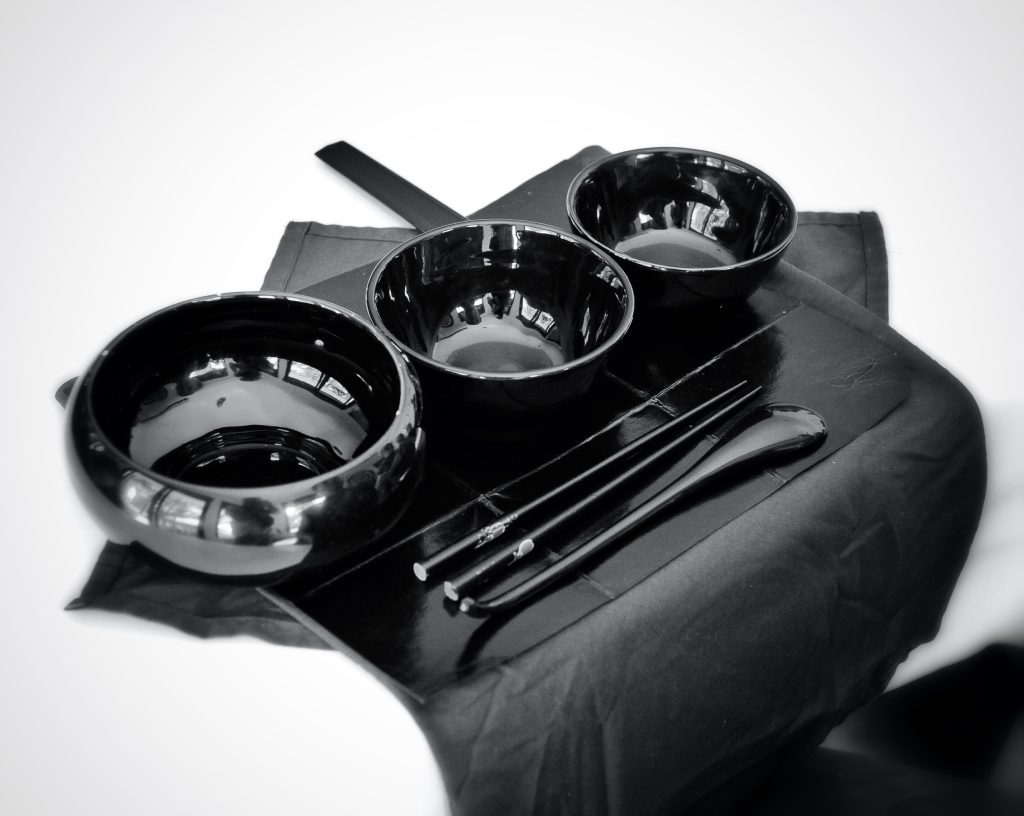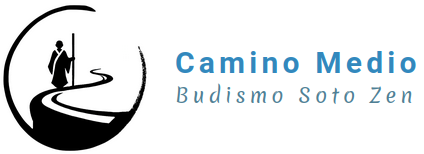Oryoki (Measurement meter) It is a formal practice used in the Zen tradition, especially in monasteries, To take meals in a ceremonial and conscious way. The term can be translated as “The container containing exactly what is needed”, Just what is necessary, reflecting the principles of moderation, Gratitude and full attention in relation to food and everyday life.
Oryoki's key principles and elements:
- Mindfulness: Each step of the process, From space preparation to the cleaning of utensils, It is done with full awareness. It is a meditation in action.
- Moderation: Reflects the commitment to simplicity and acceptance of what is offered, Without wasting or excessively accumulating.
- Gratitude: Before eating, verses or sutras are reciting expressing gratitude for food and for the work of those who have contributed to their preparation.
- Order and discipline: The food is served, It is eaten and cleaned following a carefully structured sequence, emphasizing harmony with the community and the environment.
Components of the Oyoki set:
- TAZONES (Device, to): Generally, tres o más, that fit each other and vary in size, representing specific symbolisms in some traditions.
- Cloths: Used to wrap the bowls, clean them and serve as work space.
- The arrow (Wash silk): Palo de limpieza.
- Fukin (Cloth): Cloth to dry the utensils.
- Shukin (Guarding silk): Cloth that protects the bowls when saving them.
- Utensils: They include sticks, a spoon and a small utensil to collect food remains (traditionally called Gomas).
- Bag for the set: Protects and transports utensils when they are not in use.
Practice sequence:
- Preparation: Participants display cloths and organize their bowls and utensils.
- Offering: A verse of gratitude is recited before starting to eat.
- Food: It eats silently, following the rhythm of the community and with precise movements.
- Cleaning: The bowls are cleaned using rinse water, that is drink or discarded according to the protocol, ensuring that there is no residue.
- Packing: Everything is meticulously, leaving it ready for the next use.
Oyoki in daily life:
Beyond the monasteries, Oyoki inspires to lead a life of full simplicity and attention, promoting a respectful and balanced relationship with resources and the environment.

